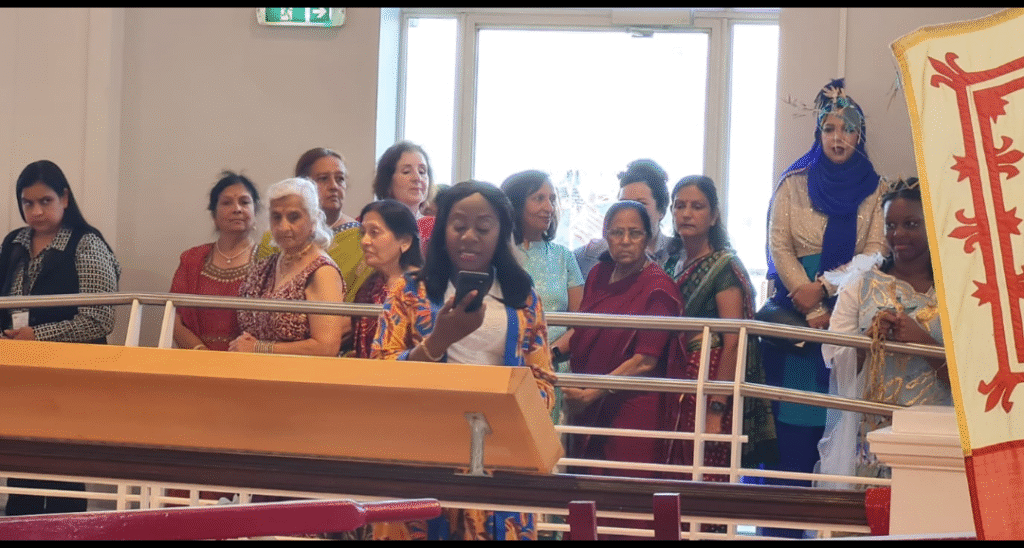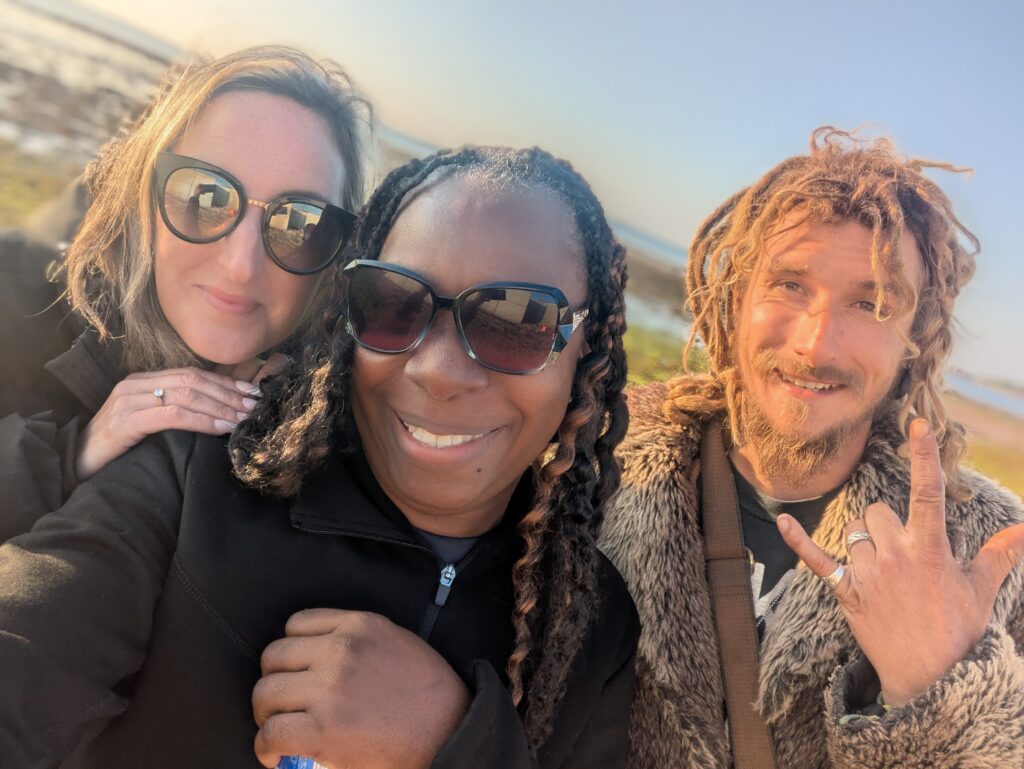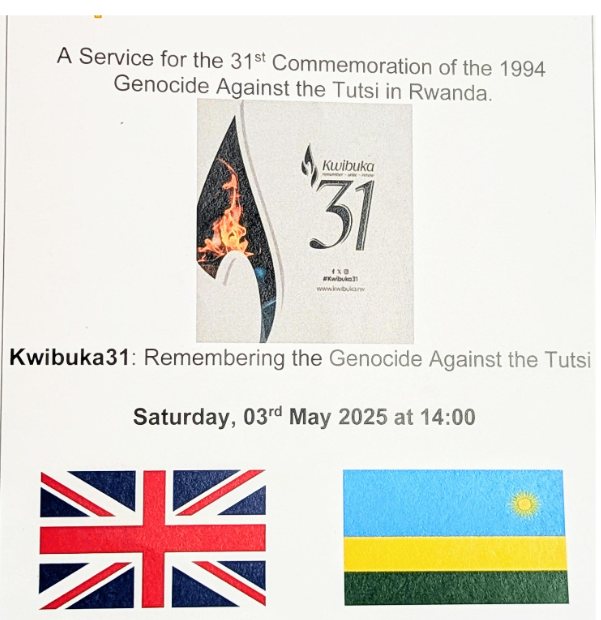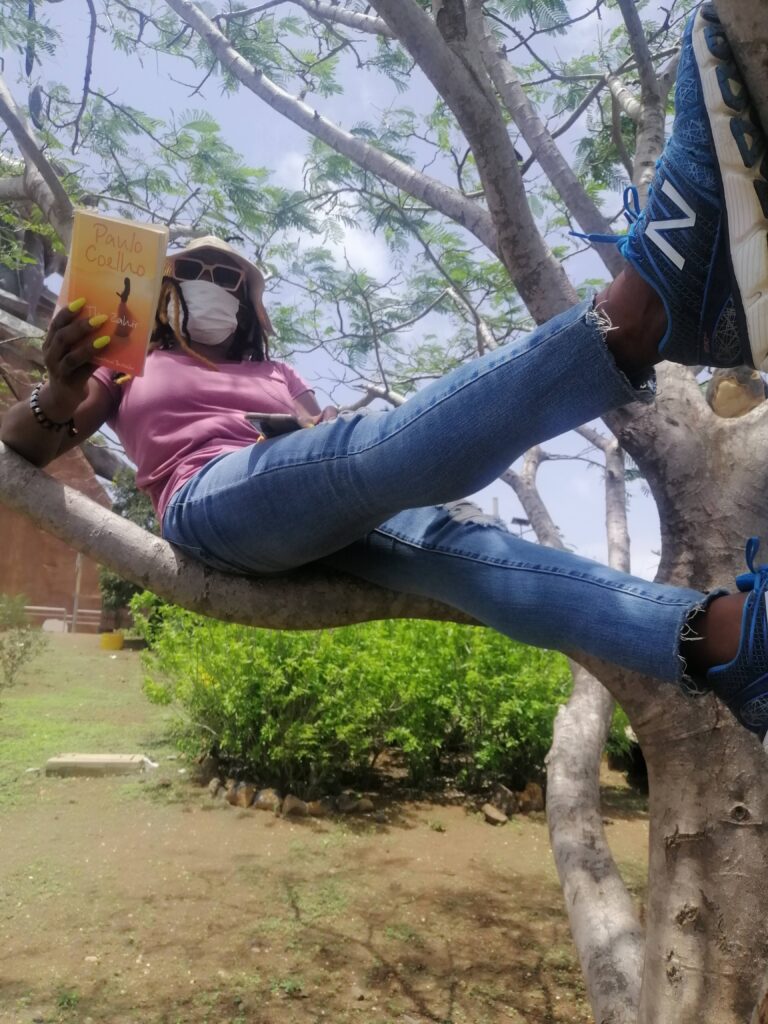Finding Community Abroad

What does community mean to you? Where can you find people who vibe with you, especially in a foreign land? Read this post I shared about an experience. I am sharing with you, a free link to this story on Medium. https://medium.com/spoon-sizzle/how-a-carer-brought-a-slice-of-home-to-me-9539854274ea?sk=7b6f4319785f54e681b987ee9fc0ee25
Of Ships, Sailors, Figureheads and Migrants –

Breaking free of the chains in the quest for freedom
The Wondering Wanderers

Who will answer the questions we dare not ask in Church?
Survivor’s Guilt and The burden of Remembering – Kwibuka31

I attended the Kwibuka31 and wished I had not gone.
A seeking soul. A weary heart and a caring father

Mike left home for a meeting with God. God sent me as his proxy.
Hey Man! Why Are You Not Sleeping?

My Neighbour is out strolling the streets at 3am
Stop Telling Me How Friendly Your Dog Is — Just Muzzle It!

I am an African, We don’t do dogs. But how would you know that if you
How Much Does Your Ignorance Cost?

Please do not burst my bubble because with my head in the clouds, I can pretend not to know
Can Anything Good Come out of Cancer?

How madame cancer visited and left me gifts.
The Refugee Woman And Her 24k Gold

How a chance encounter with a refugee sent me a reminder
